A Diplomatic Storm Brews
In a bold statement that has sparked conversations across the globe, former Nigerian Senator Shehu Sani claimed that no African country held any real significance in former U.S. President Donald Trump’s agenda. This revelation came hot on the heels of a shocking diplomatic move: the expulsion of South Africa’s ambassador to the United States. But what does this mean for Africa’s place on the global stage? Let’s dive into the details and explore the implications of this diplomatic rift.
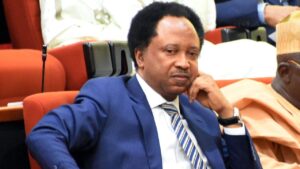
The Expulsion That Shook Diplomacy
The drama unfolded when U.S. Secretary of State Marco Rubio announced that South Africa’s ambassador to Washington was no longer welcome in the U.S. Rubio accused the envoy of harboring hatred toward the country and President Trump. This unprecedented move sent shockwaves through diplomatic circles, raising questions about the state of U.S.-Africa relations under Trump’s administration.
The expulsion wasn’t just a routine diplomatic decision—it was a public and pointed rebuke. For South Africa, a key player on the African continent and a member of the BRICS group, this was a significant blow. It also raised eyebrows globally, as many wondered what this meant for the future of U.S. engagement with Africa.
Shehu Sani’s Take: Africa’s Place in Trump’s World
Senator Shehu Sani didn’t hold back in his response. Taking to X (formerly Twitter), he pointed out that if Trump could openly criticize and take harsh actions against close neighbors like Canada and Mexico, it was clear that no African nation was a priority in his agenda.
“If Trump can say and do negative things to Canada and Mexico, no African country is that important in his agenda,” Sani wrote.
His statement resonated with many who have long felt that Africa was sidelined during Trump’s presidency. From reduced aid to fewer diplomatic engagements, the continent often seemed like an afterthought in Trump’s “America First” foreign policy.
Sani’s comments also highlighted a broader trend: the perception that Africa has been historically overlooked by global powers. While other regions, such as Europe, Asia, and the Middle East, often dominate U.S. foreign policy discussions, Africa has struggled to secure the same level of attention—despite its growing economic and geopolitical significance.
A History of Neglect? U.S.-Africa Relations Under Trump
Trump’s approach to Africa was often characterized by a lack of engagement. Unlike his predecessors, who launched initiatives like the African Growth and Opportunity Act (AGOA) and the President’s Emergency Plan for AIDS Relief (PEPFAR), Trump’s administration was criticized for its limited focus on the continent.
One of the most notable moments came in 2018 when Trump reportedly referred to African nations as “shithole countries” during a private meeting. Although he later denied the comment, the incident damaged relations and reinforced the perception that Africa was not a priority for his administration.
Additionally, Trump’s proposed budget cuts to foreign aid and programs supporting African development further alienated many on the continent. While his administration did launch the “Prosper Africa” initiative to boost trade and investment, critics argued that it lacked the depth and commitment needed to make a real impact.
What This Means for U.S.-Africa Relations
The expulsion of South Africa’s ambassador isn’t just a diplomatic spat—it’s a symptom of a larger issue. For African nations, it highlights the challenges of navigating relationships with global powers that may not prioritize their interests.
While some argue that Trump’s approach was simply transactional, others see it as a missed opportunity to strengthen ties with a continent rich in resources, innovation, and potential. Africa is home to some of the world’s fastest-growing economies, a young and dynamic population, and vast natural resources. Ignoring the continent, critics say, is a strategic mistake.
The question now is: how will future U.S. administrations address this gap? With Africa poised to play an increasingly important role in global affairs, the need for meaningful engagement has never been greater.
Africa’s Growing Influence: A Call for Stronger Ties
As the world reflects on Trump’s legacy, one thing is clear: Africa deserves a seat at the table. Whether it’s through trade, security partnerships, or cultural exchanges, the continent has much to offer—and much to gain—from stronger global collaborations.
African leaders have already begun to take steps to assert their influence on the world stage. The African Continental Free Trade Area (AfCFTA), for example, is a landmark initiative aimed at boosting intra-African trade and economic integration. Similarly, African nations are increasingly forging partnerships with other global powers, such as China, the European Union, and India.
For the U.S., the challenge will be to rebuild trust and demonstrate a genuine commitment to Africa’s development. This means not only increasing investment and trade but also engaging with African nations as equal partners in addressing global challenges like climate change, security, and public health.
A Turning Point for U.S.-Africa Relations?
The expulsion of South Africa’s ambassador and Shehu Sani’s candid remarks serve as a wake-up call. They underscore the need for a more balanced and respectful approach to U.S.-Africa relations—one that recognizes the continent’s growing importance and potential.
As Africa continues to rise, the world can no longer afford to ignore it. For the U.S., this is an opportunity to redefine its relationship with the continent and build a partnership based on mutual respect and shared goals. The question is: will future administrations seize this opportunity, or will Africa remain on the sidelines of U.S. foreign policy?






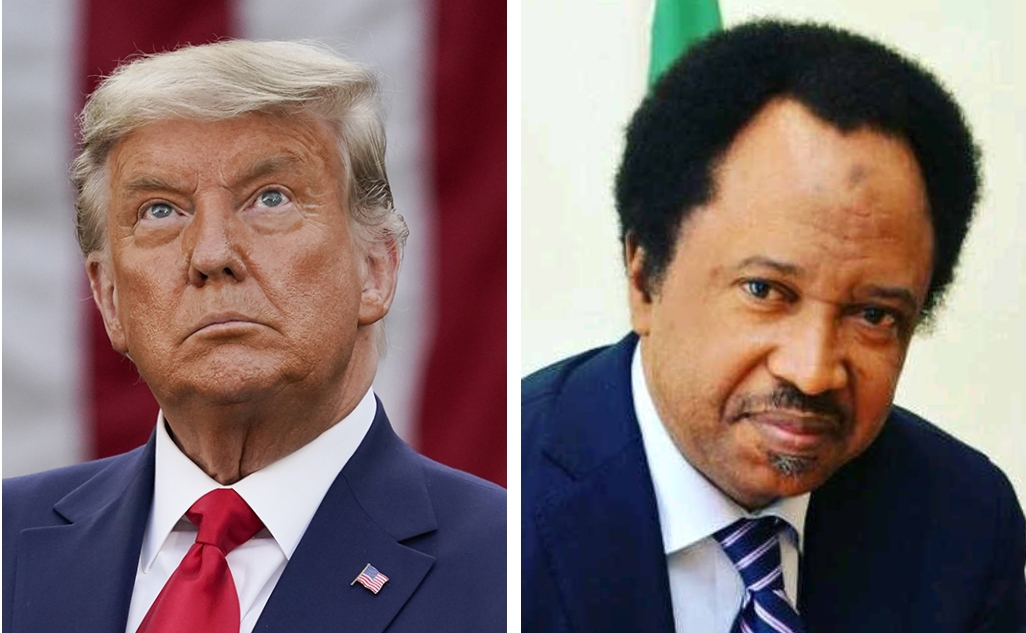






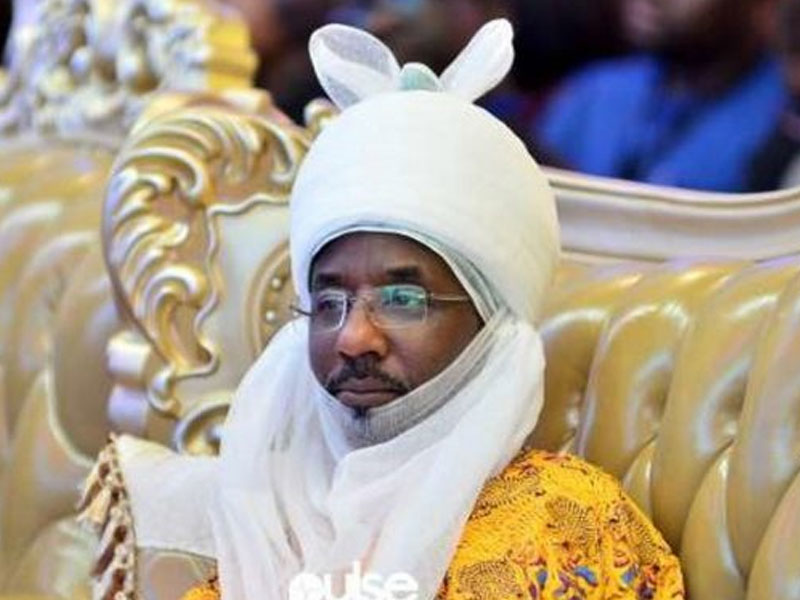
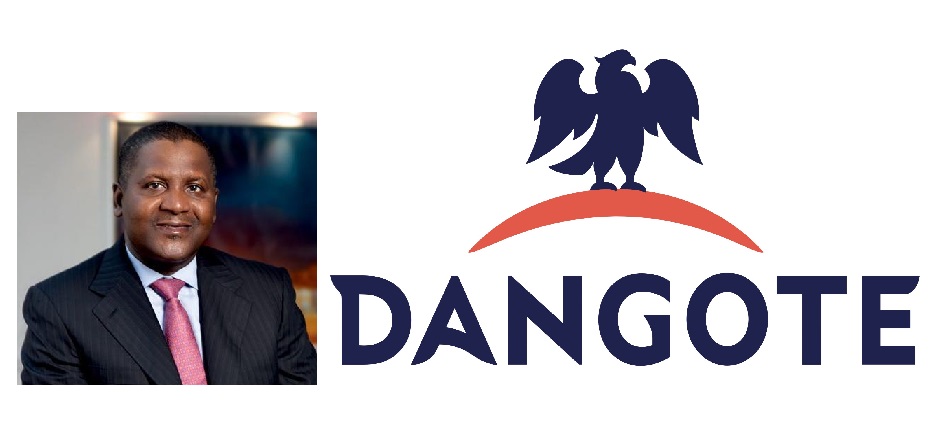
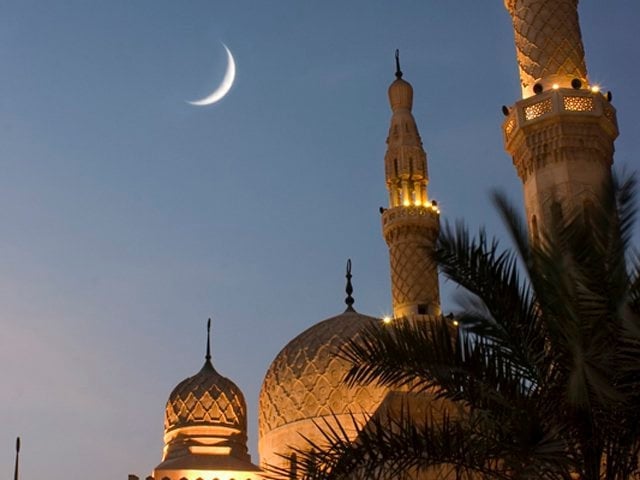
Got a Questions?
Find us on Socials or Contact us and we’ll get back to you as soon as possible.